Cooperating antitrust regulators to look tough on Big Tech: What does it mean for Microsoft-Activision deal?
3 min. read
Published on
Read our disclosure page to find out how can you help MSPoweruser sustain the editorial team Read more
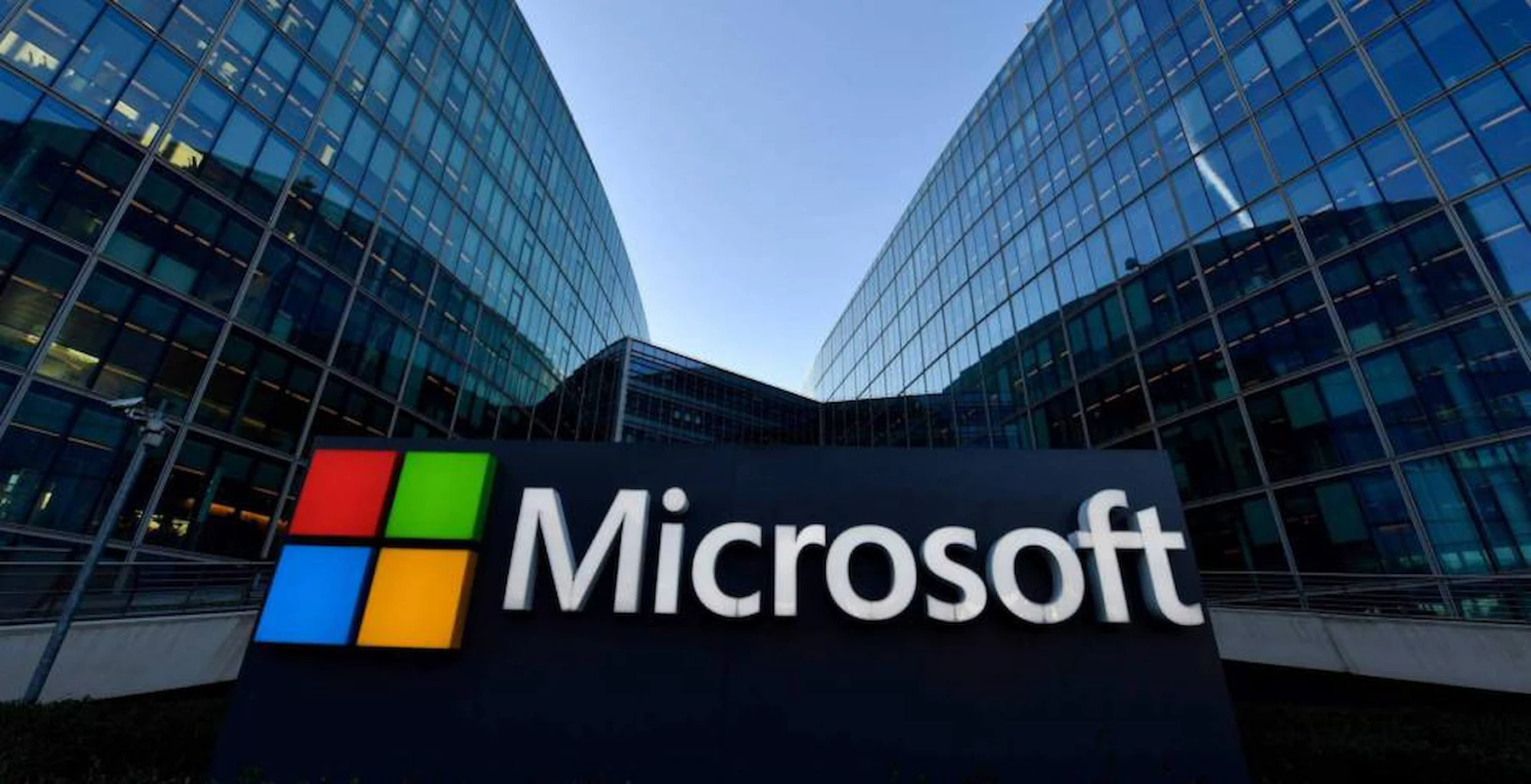
Microsoft’s journey to close the Activision deal is a sail in the middle of a raging sea. Different competition watchdogs are still scrutinizing the merger, and there’s little hope the giant would survive this. The New York Times called this latest age of global antitrust enforcement “an elaborate labyrinth of regulatory bodies working together,” with the European Commission (EU), Federal Trade Commission (FTC), and Britain’s Competition and Markets Authority (CMA) “playing off one another’s plans.”
According to NYT, the regulating bodies want to be perceived as tough giants when it comes to such a deal, which explains their cooperation. As one former enforcement official described it, “Regulators would rather fight to block a deal and lose than accept a compromise, because the political cost of agreement is too steep.”
That means the united decision of the regulators will mold their general image when it comes to dealing with tech mergers. They can altogether embrace compromise and approve merger deals to create the illusion of their strength. Likewise, regulators can all turn down remedies to block the merger, so they will all be viewed as powerful bodies. However, NYT said there is also the logic that “any of the three agencies could instead put pressure on the others to oppose the acquisition.”
This greatly reflects previous reports of the alleged motive of the FTC to “dissuade” the European Union from accepting a settlement. In January, Bloomberg revealed that the officials of the two bodies made calls regarding the merger, wherein the EU officials expressed the intention of settling with remedies. To express its protest about this, the US agency reportedly filed the suit. Former Justice Department No. 2 antitrust official Barry Nigro explained the move allowed the FTC to “get out in front of the Europeans in an effort to shape the narrative.”
Despite this and the European Commission reportedly issuing a formal warning (statement of objections), Microsoft still believes the European regulator will still consider remedies, according to people familiar with the matter. And while the sources believe the software company is expecting the CMA to oppose it, it still hopes that Britain and the European watchdogs will accept concessions and later approve the megadeal.
Microsoft’s proposed Activision merger is now the biggest focus for antitrust regulators, which are all trying to forge a tough image in dealing with tech mergers. This is a huge threat, especially if agencies like the FTC and CMA would really use pressure to influence other watchdogs around the globe. With this, the victory of the Activision merger will make a huge statement in the entire tech industry that companies can still survive deal reviews despite extreme politics in the antitrust realm. If the deal fails, it means success for the regulating bodies and the official birth of a new antitrust enforcement era, where watchdogs are one united entity that can crush any future mergers regardless of their size. When this happens, merger approvals will constantly be one huge concern for all tech companies in the future.

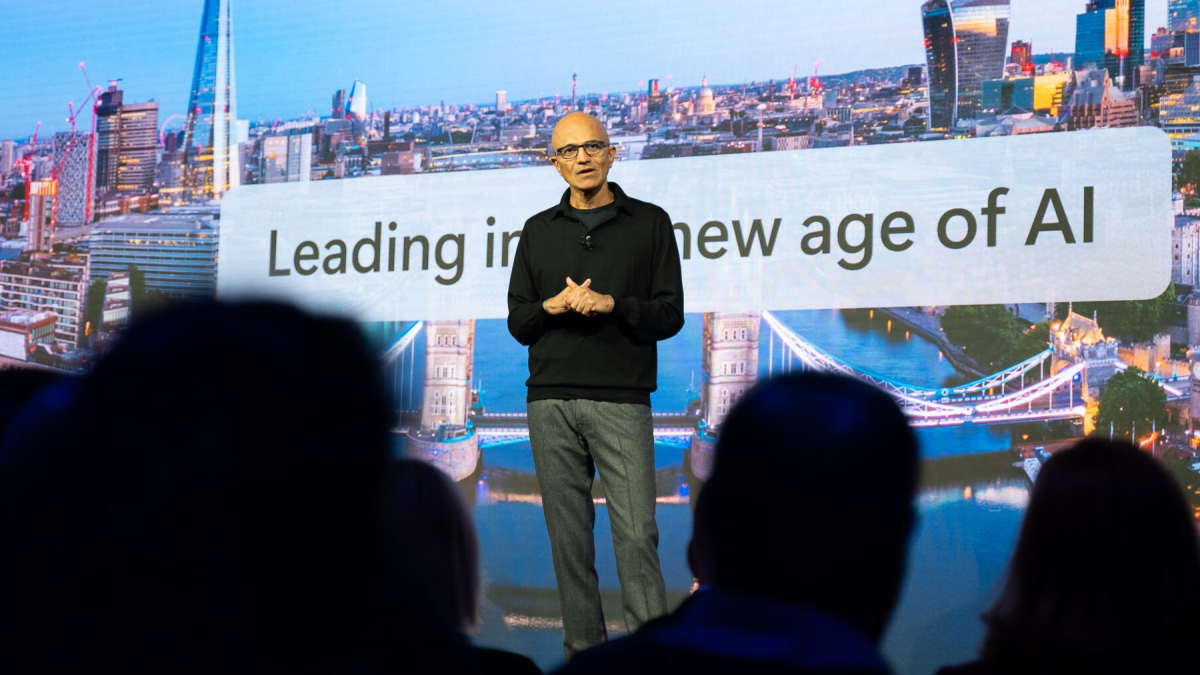
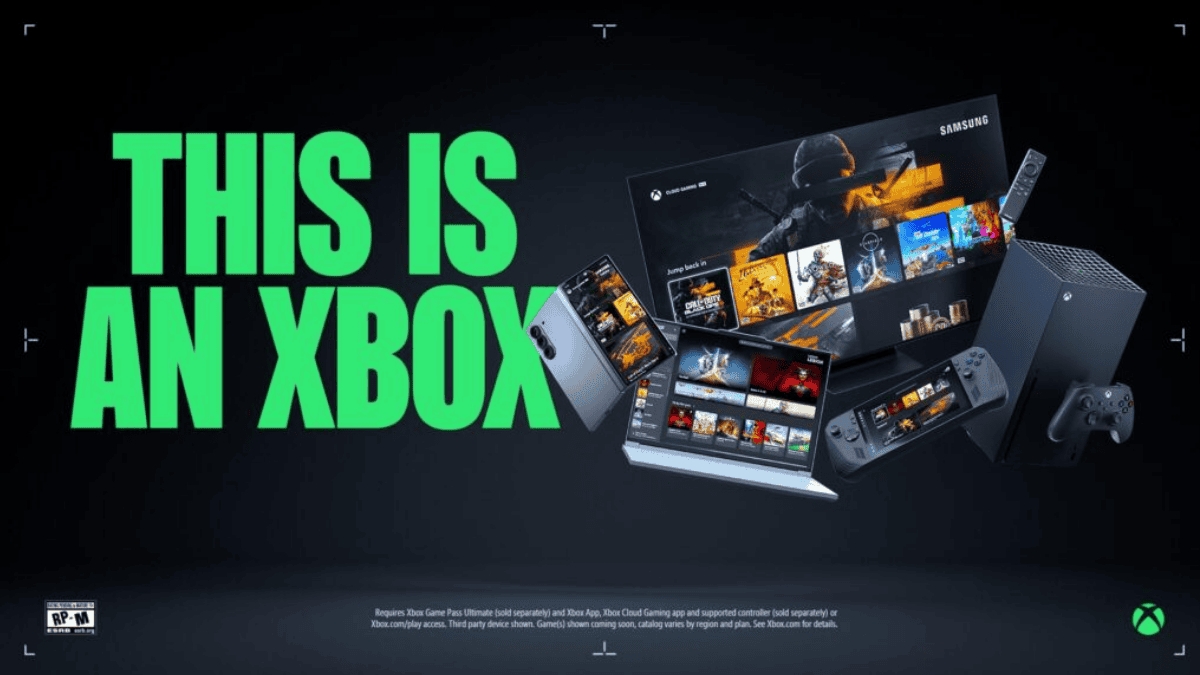




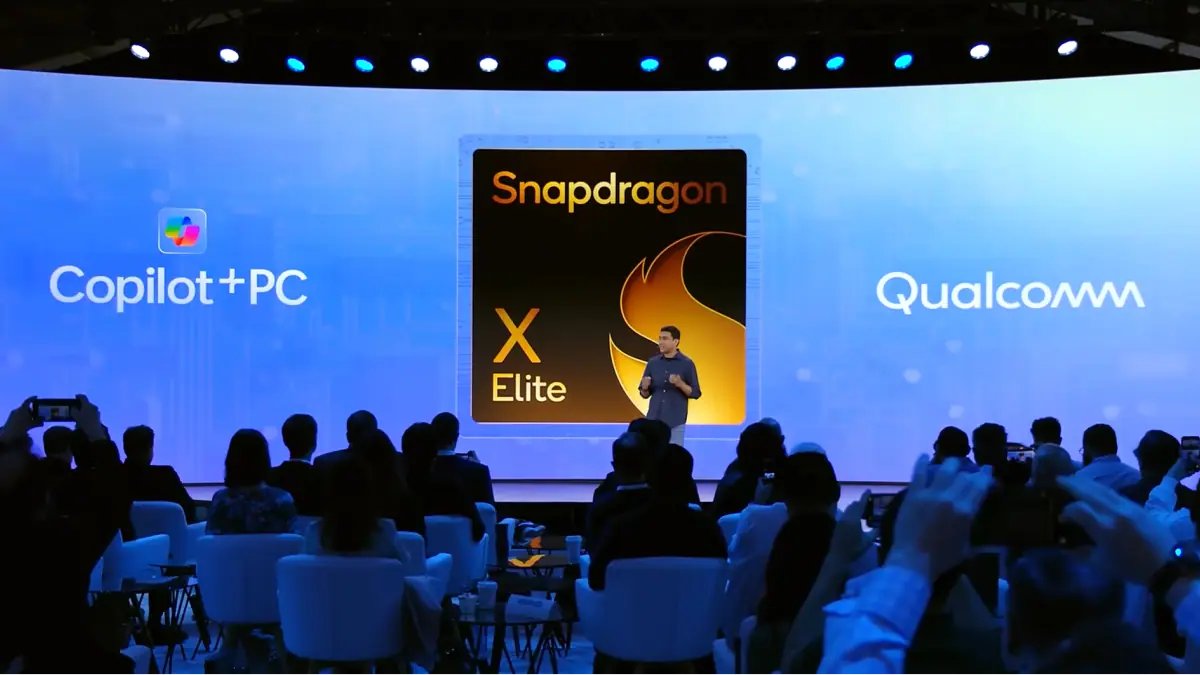
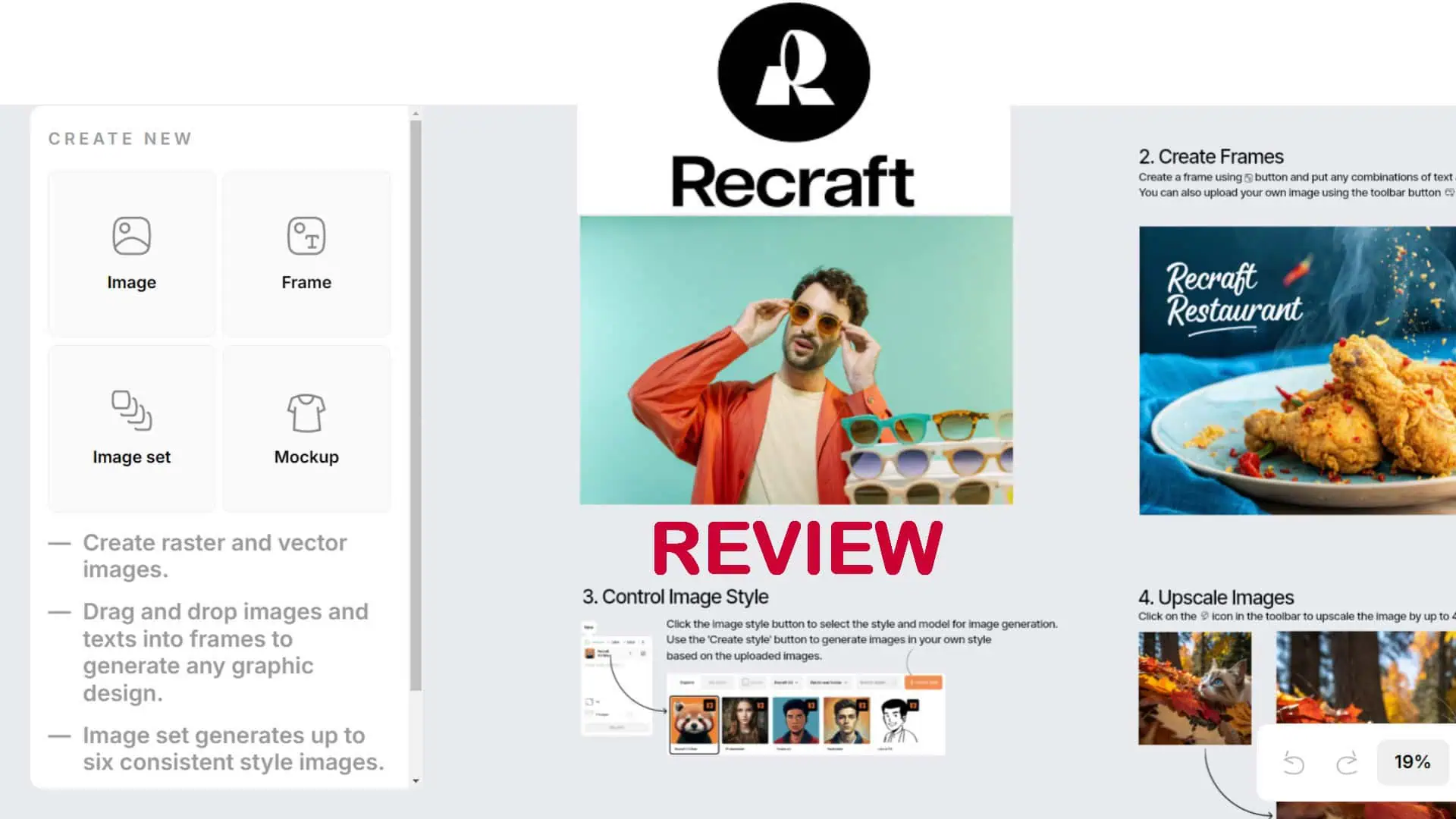
User forum
0 messages